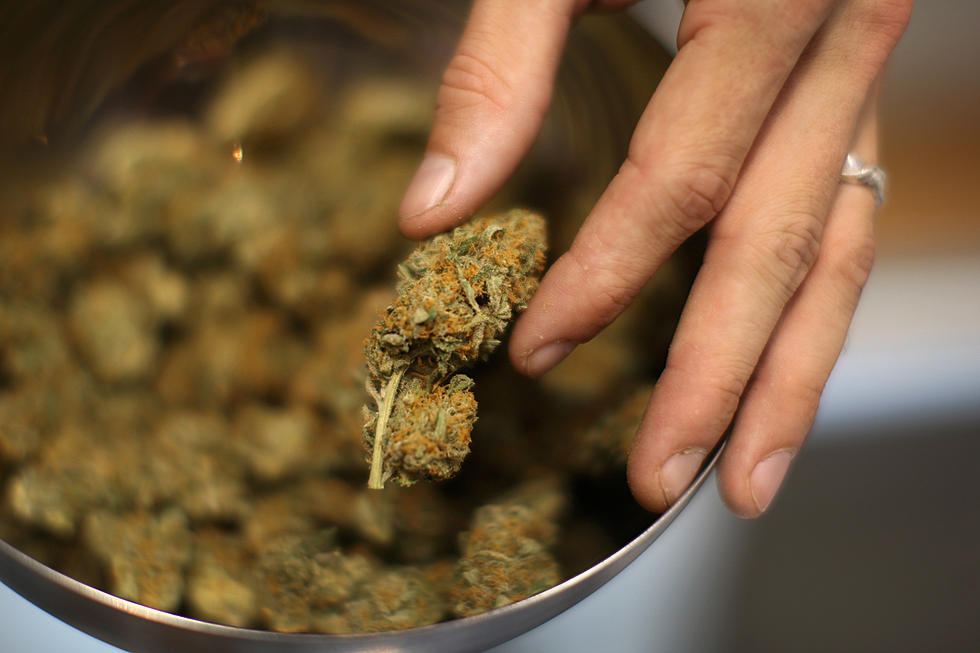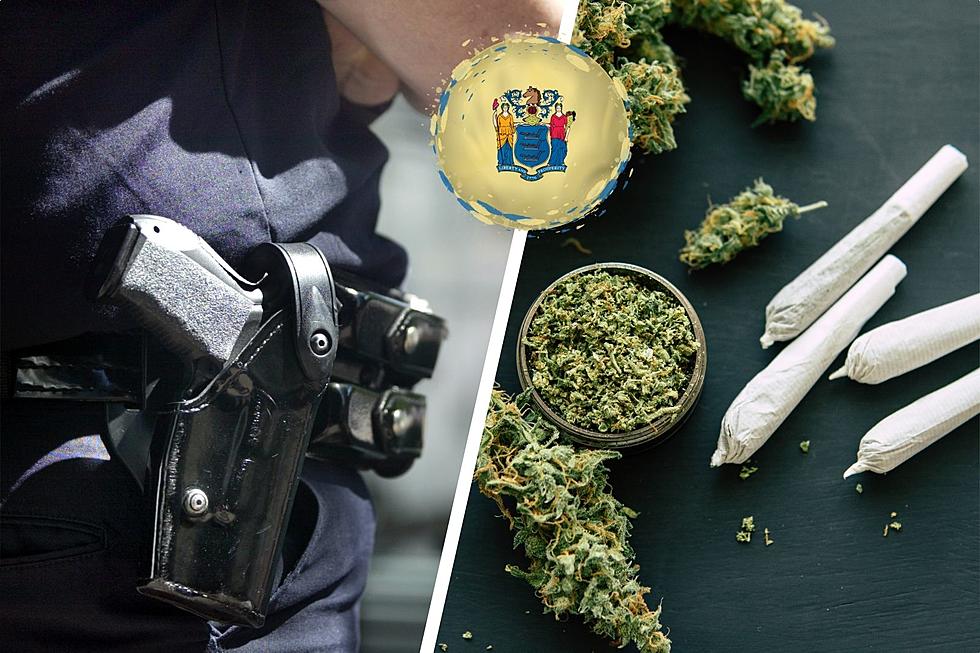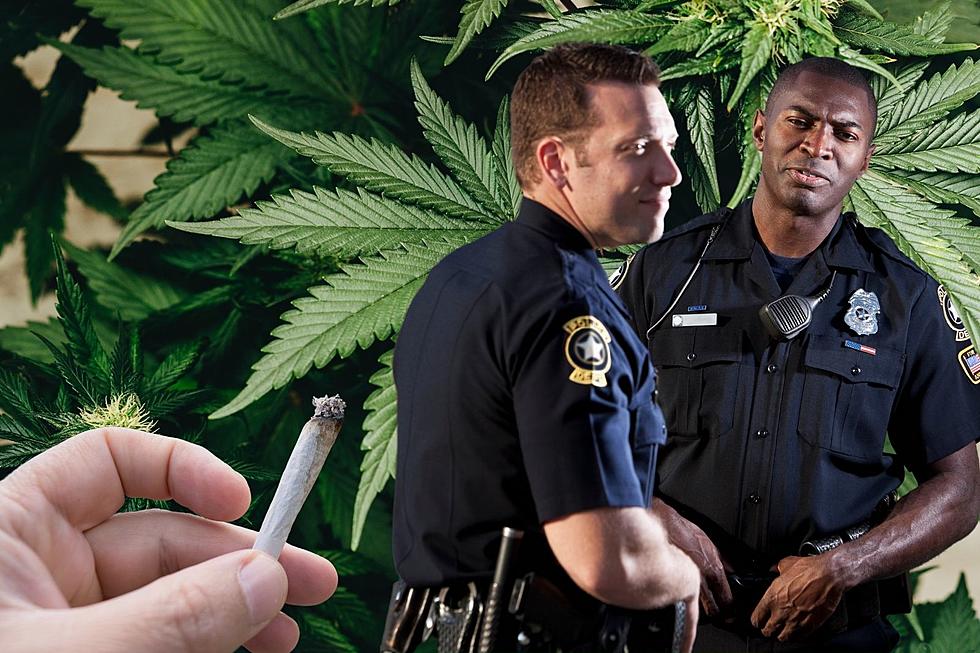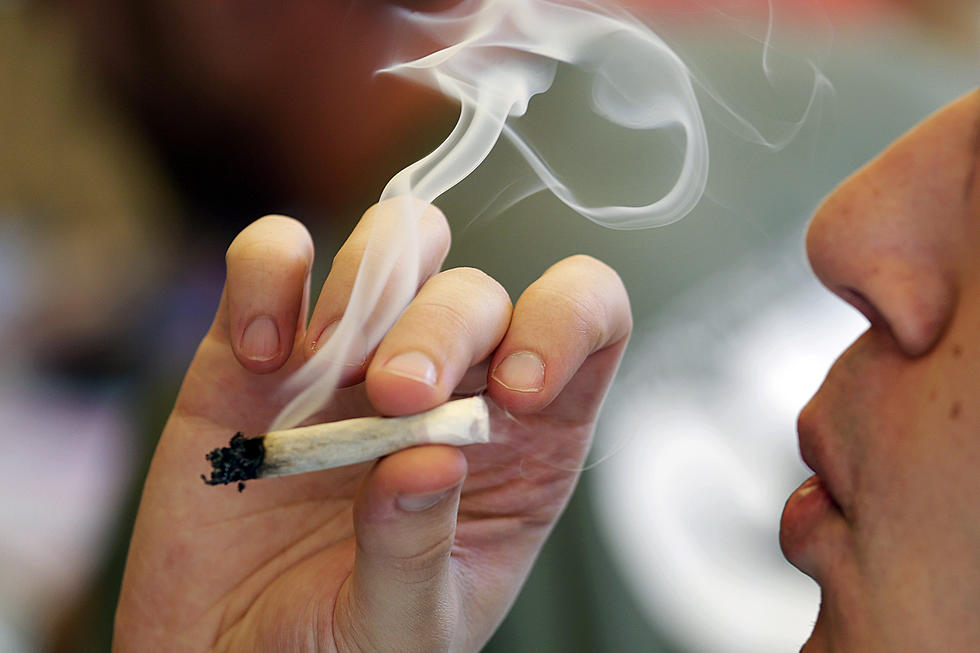
Latest bid to complete pot legalization drops fines for minors
TRENTON — A "cleanup" bill meant to address concerns voiced by Gov. Phil Murphy that have held up enactment of legislation legalizing and decriminalizing marijuana is due for votes Tuesday and Thursday – though for now it, too, is still being cleaned up.
Two-thirds of voters in November approved a constitutional amendment legalizing adult-use marijuana, effective Jan. 1, but the accompanying enabling legislation that is required still hasn’t been enacted, though it was passed in December. Murphy wants specific provisions addressing marijuana use by minors.
The latest version of that plan, S3454, was introduced last week. It would impose $50 civil penalties on people ages 18 to 20 for possession or consumption of marijuana and a tiered system for people under age 18 that includes a written warning, a referral to treatment programs or services and, ultimately, $50 fines.
Sen. Nellie Pou, D-Passaic, said at a Monday hearing that changes to the bill were agreed to among Democratic lawmakers Sunday. Among those are the elimination of the $50 fine for minors younger than 18 and making the referral to a substance abuse treatment optional at a family’s discretion.
A number of people who testified at the Senate Judiciary Committee hearing called for the fines to be dropped from the plan in favor of imposing community service for third and subsequent violations.
“We believe that the $50 civil penalty is punitive in nature and creates another economic disparity issue,” said Carolyn Chang, chair of the Association of Black Women Lawyers.
Cannabis advocate Patrick Duff said he’s glad fines are being dropped from the plan but said it makes the delay in the legalization bill, during which thousands more people have been arrested, all the more maddening.
“I just don’t know what we’re here for, what this is, and also I don’t know if this is going to satisfy the palate of the great governor who wants penalties to deter people who are 18 to 21 to use cannabis when, as I said, jail has not done that,” Duff said. “So, great governor, please just sign the bills. I don’t really understand this cleanup legislation now that it literally has no teeth and it just going to waste the time of law enforcement.”
Chris Goldstein, a regional organizer for NORML, said an average of 80 people a day are still being arrested for something voters decided was constitutional.
“This has got to stop. We don’t need any more delays, so please no more delays at any level,” Goldstein said.
Sen. Teresa Ruiz, D-Essex, said those delays weren’t caused by the Legislature.
“Let’s be clear. We passed a very progressive piece of legislation on decrim that for the last month could have been preventing all of these arrests that we’re talking about,” Ruiz said.
A number of groups said the state should approach marijuana enforcement the way it does tobacco or alcohol, with punishments focused on those who sell to youth and educational and cessation programs focused at the youth themselves.
Laura Cohen, director of the Criminal and Youth Justice Clinic at Rutgers Law School in Newark, said that would line up with both science and New Jersey’s recent focus on social justice.
“I urge you to take a public health approach to cannabis use by young people, similar to that which the state has used very successfully around tobacco, rather than adopting policies and procedures that will single out the youngest and most vulnerable New Jerseyans for the harshest consequences,” Cohen said.
Some said that depending on the final language of the bill, it could focus law enforcement on older minors between ages 18 and 20.
“It leaves a huge loophole open by failing to repeal a provision in A21/S21 that allows municipalities to impose up to criminal fines – not just civil penalties, criminal fines – for the possession or consumption by those 18, 19 or 20 years of age, even in their own homes,” said Guillermo Mena, director of legislation, policy and advocacy for the National Hispanic Caucus of State Legislators.
“3454 could actually be a device that empowers the harassment and oppression of the very people that it is intended to protect,” said William McNichol, an adjunct professor at Rutgers Law School who teaches about marijuana regulation.

Lawmakers indicated they are trying to finalize language that could be included in the bill that would allow for police officers to be penalized if they’re going too far in enforcement aimed at minors.
Jiles Ship, president of the New Jersey chapter of the National Organization of Black Law Enforcement Executives, said there “absolutely” should be repercussions for offices who abuse the law and their oath of office.
“We also have to hold supervisors accountable, quite frankly, because this is not taught to you in the academy,” Ship said. “When people get out on the road, and they get with senior officers, they learn bad habits. And if the supervision is not holding people accountable, and there’s not swift and certain punishment for different types of activities, it’s going to continue.”
Sen. Nicholas Scutari, D-Union, told lawmakers he hoped to get them a final draft of the bill Monday night, in advance of a Tuesday committee vote. He said there would be discussion among lawmakers at the Tuesday afternoon meeting but no further testimony from the public.
Michael Symons is State House bureau chief for New Jersey 101.5. Contact him at michael.symons@townsquaremedia.com.
LOOK: 50 essential civil rights speeches
More From New Jersey 101.5 FM









